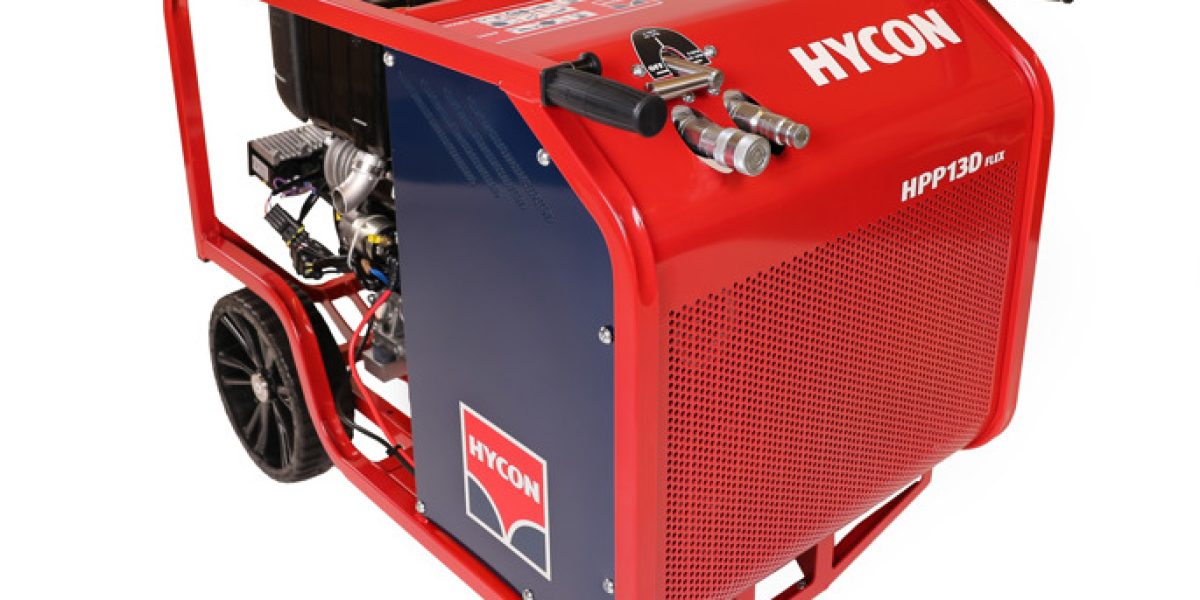When it comes to powering hydraulic machinery in isolated or off-grid locations, there’s one solution that consistently stands out—diesel hydraulic power packs. These compact yet powerful units are indispensable for operations where reliable access to electricity is either limited or entirely unavailable. From mining in remote terrains to construction in undeveloped areas, diesel hydraulic power packs offer unmatched mobility, strength, and endurance. Their significance on remote job sites continues to grow, driven by the demand for efficiency, adaptability, and resilience.
Understanding Diesel Hydraulic Power Packs
Diesel hydraulic power packs are self-contained units that use diesel engines to generate hydraulic power. They typically consist of a diesel engine, hydraulic pump, reservoir, control valves, and necessary safety mechanisms. These systems are engineered to drive hydraulic tools and machinery such as pile drivers, cranes, drilling rigs, rock splitters, and more.
What sets these power packs apart from electric or gasoline alternatives is their ability to perform consistently under tough conditions without relying on an external power supply. This makes them an ideal choice for remote job sites where infrastructure is minimal or non-existent.
Why Remote Job Sites Require Specialized Power Solutions
Working in remote areas presents a unique set of challenges—unpredictable terrain, harsh environmental conditions, limited logistics, and lack of basic utilities. In such scenarios, project managers cannot afford unreliable equipment. Every piece of machinery must be able to operate independently and withstand continuous use.
This is where diesel hydraulic power packs prove their worth. They provide:
-
Energy independence – No need for grid power or external generators
-
Portability – Compact designs make them easy to transport and relocate
-
High torque output – Ideal for operating heavy-duty equipment
-
Fuel efficiency – Diesel engines are more efficient than gasoline in delivering consistent power
These advantages have made diesel hydraulic power packs the go-to solution for industries such as oil and gas exploration, forestry, mining, rail maintenance, and large-scale infrastructure development.
Reliability and Performance in Harsh Conditions
Remote job sites are often characterized by extreme weather and environmental challenges. Whether it’s the freezing temperatures of the Arctic or the intense heat of a desert, diesel hydraulic power packs are engineered to perform under pressure. Modern units come with features like cold-weather starting aids, heavy-duty air filtration systems, and protective housing to ensure they continue functioning regardless of the conditions.
Moreover, diesel engines are well-known for their durability and ability to handle prolonged operational hours. When maintenance resources are scarce, the long service intervals and rugged build of diesel hydraulic power packs become essential benefits.
Simplified Logistics and Reduced Downtime
Transporting and managing power sources in remote locations can be both logistically challenging and costly. Diesel hydraulic power packs simplify this by minimizing the number of components and support equipment needed on site. Since they are fully self-contained, they can be delivered as a single unit and put to work immediately upon arrival.
Furthermore, with fewer parts prone to failure compared to complex electric systems, these units reduce the risk of downtime. This helps keep projects on schedule and within budget, a critical consideration when delays can lead to significant financial losses.
Versatility Across Multiple Applications
One of the standout advantages of diesel hydraulic power packs is their versatility. A single unit can be used to power various hydraulic tools and machines across different stages of a project. For example:
-
Drilling rigs in geotechnical surveys
-
Hydraulic hammers for breaking rock or concrete
-
Pile driving equipment for foundation work
-
Winches and cranes for material handling
-
Hydraulic cutting tools in demolition or forestry
By investing in a diesel hydraulic power pack, contractors gain a multi-use tool that enhances operational flexibility and maximizes return on investment.
Environmental and Safety Considerations
While diesel engines have traditionally faced scrutiny for emissions, modern diesel hydraulic power packs now incorporate advanced technologies to reduce their environmental footprint. Tier 4 Final and Stage V compliant engines significantly lower emissions of nitrogen oxides and particulate matter. Some units also feature noise reduction features, making them more suitable for sensitive environments or urban extensions of remote sites.
In terms of safety, these power packs are designed with automatic shutdown systems, pressure relief valves, and thermal protection features. Operators benefit from reduced risk of injury, while site managers can ensure compliance with stringent safety regulations.
Supporting Critical Infrastructure Development
Many essential infrastructure projects—such as power plants, pipelines, telecommunications towers, and transportation corridors—begin in locations with no existing services. Diesel hydraulic power packs play a crucial role in enabling the first phases of development by powering the equipment needed to clear land, drill foundations, and construct base structures.
Without these robust and independent power sources, the feasibility and timeline of such projects could be severely impacted. Diesel hydraulic power packs are often the first on the scene and the last to leave, acting as a bridge between undeveloped terrain and fully operational infrastructure.
Final Thoughts
In a world where industries are constantly pushing the boundaries of location and scale, the demand for mobile, efficient, and powerful equipment continues to rise. Diesel hydraulic power packs have proven themselves as vital assets for remote job sites by delivering dependable performance where it’s needed most.












